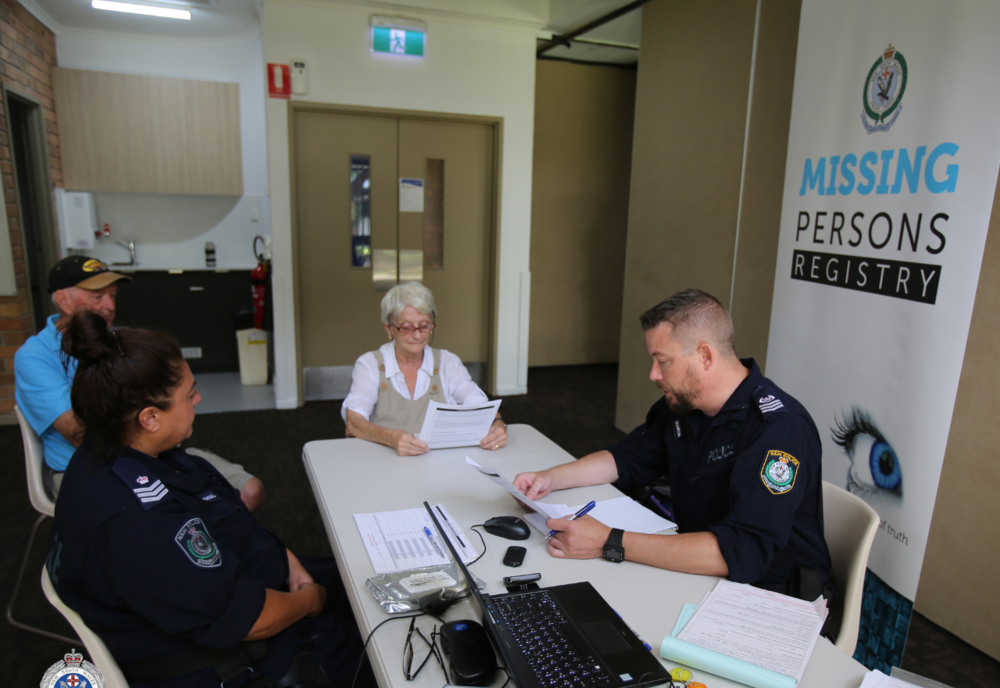Regional DNA could help locate long-missing persons
Oliver Brown
25 June 2022, 9:57 PM
 NSW Police believe the key to helping families with a missing relative get long-awaited answers can be found in DNA. Image: NSW Police.
NSW Police believe the key to helping families with a missing relative get long-awaited answers can be found in DNA. Image: NSW Police.OVER THE next week, regional residents with missing relatives will be encouraged to provide a sample of their DNA to police to help families potentially find some long-awaited closure.
The NSW Police State Crime Unit's DNA collection program was launched in 2021 with the aim to assist detectives with ongoing investigations into historic missing persons by collecting familial DNA samples from their families.
This will be the program's first trip to western NSW, with the initial pop-up collection centres at Coffs Harbour, Port Macquarie, Nowra and Merimbula seeing more than 100 biological residents provide a sample.
Like many things which require extensive travel, the DNA collection program was put on hold due to COVID-19, however will be in Bourke on Monday 27 June, Broken Hill on Wednesday 29 June and Dubbo on Friday 1 July to collect samples for regional NSW.
Samples taken during the program are then compared against available DNA profiles of all the currently unidentified bodies and human remains which have been discovered in NSW.
Missing Persons Registry (MPR) Commander Detective Inspector Glen Browne said having a high number of comparable samples increased their chances of finding a match.
“The success of the program relies on collecting as many familial DNA samples as possible so they can be matched against DNA profiles obtained from unidentified bodies and human remains,” Det Insp Browne said.
“My team at the MPR is determined to see this technology be used to provide answers to loved ones of long-term missing persons, so if that is you, come forward and provide a DNA sample."
While some might be nervous about the prospect of swabs after over a year of PCR testing for COVID-19, the familial DNA is collected using a non-invasive buccal swab, which collects cells from the inside of a person's cheek and are only compared against the missing persons databases in Australia.

Police put the information of the living family members of missing persons along with their DNA in a database designed to compare them with unidentified remains found in NSW. Image: NSW Police.
“This is a simple, quick action that can result in a lifetime of closure for someone who has lost a loved one and spent years asking why,” Deputy Premier and Minister for Police Paul Toole said.
“Police are using every avenue available to them so they can give these families the answers they deserve.”
Det Insp Browne said the MPR team will also take the opportunity to interview people who provide a sample for additional data and information which is required to upload to the National Missing Persons Victim System database.
The MPR team will be at the Back O'Bourke Information and Exhibition Centre on Monday 27 June from 10am-3pm.




